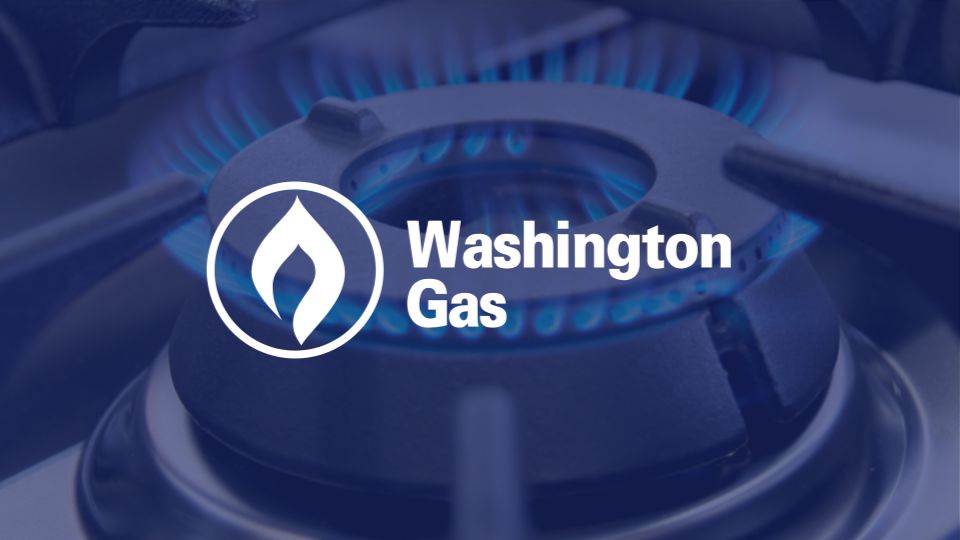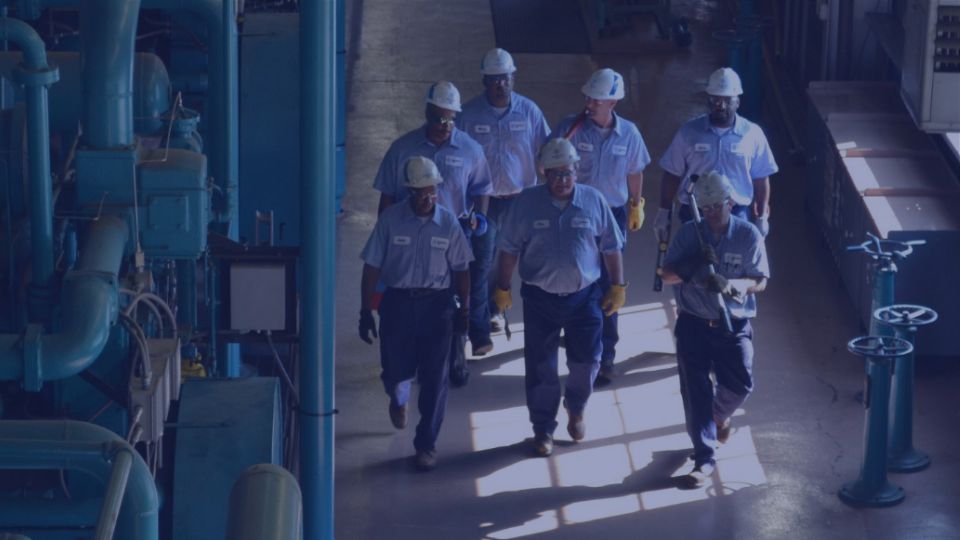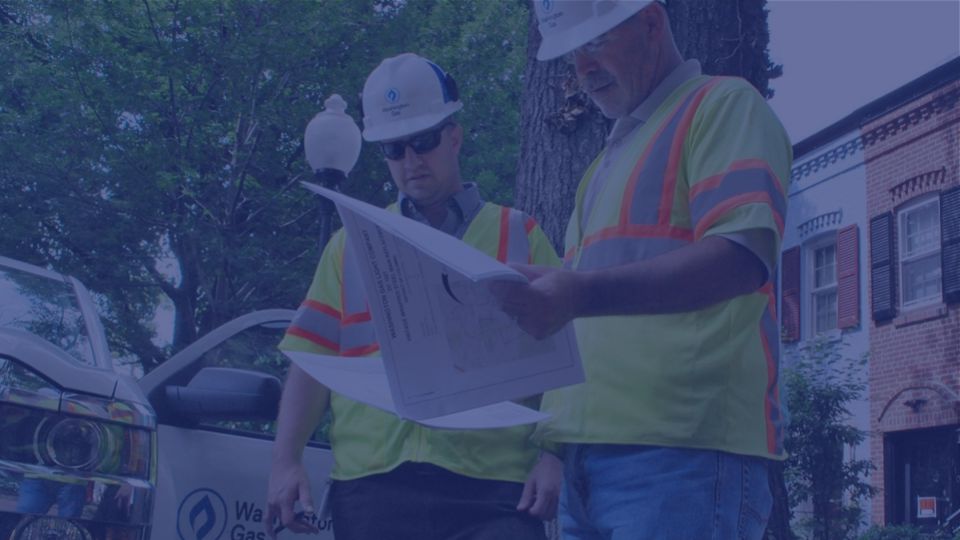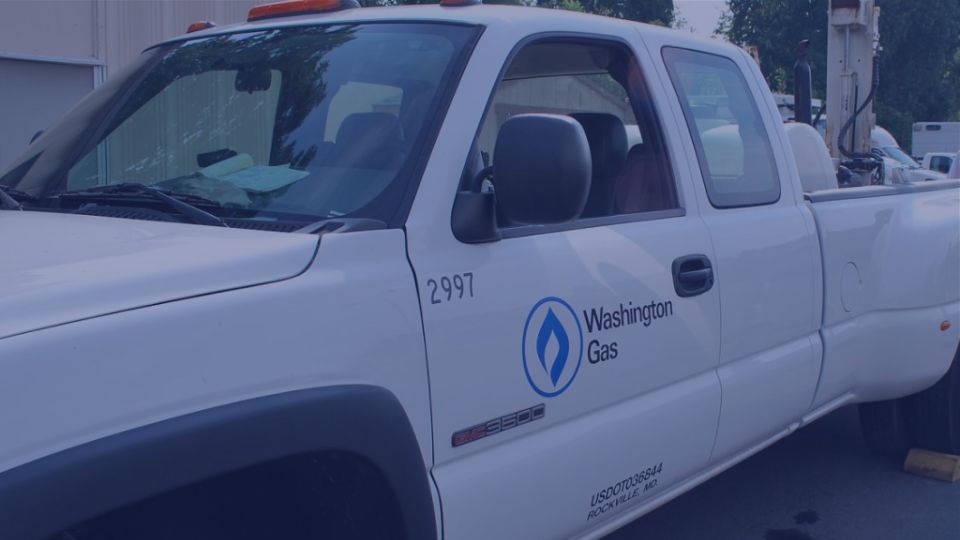Case Study: Washington Gas
OpenText advisory services | End-to-end implementation of Document Presentment, Document Presentment Live, Archiving and Document Access for SAP Solutions | ABAP development for SAP Billing/CS/WM/WD
OpenText advisory services | End-to-end implementation of Document Presentment, Document Presentment Live, Archiving and Document Access for SAP Solutions | ABAP development for SAP Billing/CS/WM/WD

Washington Gas has a 165-year history of leadership, innovation and dedicated service to its residential, commercial and industrial customers. The company provides natural gas service to more than 1.1 million customers throughout Washington, D.C., and in parts of Maryland and Virginia.
Washington Gas is part of WGL Holdings. The Washington-based holdings company is a leading source for clean, efficient and diverse energy solutions, including natural gas, electricity, green power, and energy services, with activities in 30 states. Besides Washington Gas, WGL consists of the following operating units WGL Energy, WGL Midstream and Hampshire Gas.
The company’s goal is to make energy surprisingly easy for its customers, community and employees.

As a regional natural gas authority, Washington Gas constantly works on improving their business processes. The company understood that their regular gas bill is the strongest, and often the only channel of customer communications.
Therefore, the utility wanted to redesign their bills, and allow their customers to stay connected the way they want to be connected. The company also wanted to centralize and speed up the way they stored and retrieve delivered transaction documents.
However, meeting these new and future demands proved challenging with their existing systems and solutions. As a result, Washington Gas invested in SAP-integrated information management solutions, such as OpenText Document Presentment for SAP Solutions, SAP document Presentment Live for SAP solutions, OpenText Archiving and Document Access for SAP Solutions.
However, purchasing software products is only half the battle. Washington Gas understood that they only had a high-level understanding of the purchased products, as well as their features and benefits. Also, they didn’t have the needed in-house expertise to do the needed installation, customization and additional development work based on the purchased OpenText products in order to adjust them to existing business processes and daily requirements.
But before even starting with the product implementation, the technical department of Washington Gas needed to understand the full potential of the purchased products, and how it can be used to make the most of their strategic investments.
Therefore, Washington Gas started looking for an external OpenText service provider, who would be able to provide some advisory and consulting sessions, and to provide the needed technical services afterward.

The company was looking for a service provider, that had a lot of experience providing customized solutions based on OpenText products and ABAP development for SAP customers in the utility sector.
The service provider had to be able to do product advisory and technical implementation, as they didn’t want any information to be lost between these two steps. Also, they were looking for a provider, that could, based on their requirements, take the lead on the overall project, and make it a success.
After initiating major market research, Washington Gas decided to choose Ecodocx as their OpenText service provider. The team of Ecodocx provided the following services:

The OpenText Document Presentment allowed the energy provider to address their outdated document design, going from a simple black-and-white page to a two-page statement in color, complete with extensive graphs and other visual elements, making their bills easier for customers to read and understand. With Document Presentment Live, the company is also able to generate, deploy, and multichannel delivery of individualized customer communications and make ad-hoc changes within hours, where in the past, simple changes would take days.
Data Archiving for SAP from OpenText changed the way the company retrieves and archives its data. The new archiving solution replaced a bunch of different solutions that Washington Gas was using and significantly improved the time of data retrieval from minutes to a few seconds.
Lastly, with the modernized ecosystem, the company uses a single repository to manage all documents. With the tight integration with existing SAP systems, the company no longer needs multiple departmental platforms. During the migration process, over 24 million legacy documents were migrated, and all platforms that were used to store documents were replaced with only one throughout the whole enterprise.
